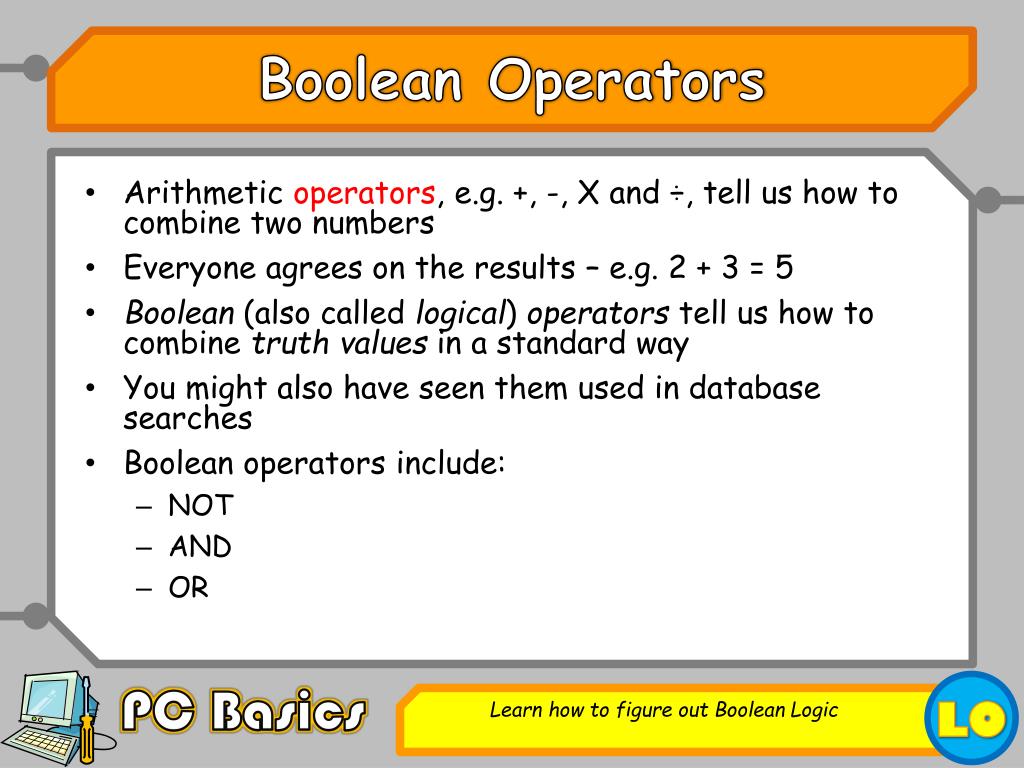
Parentheses allow you to group together keywords and control the order in which the terms will be searched, just like in a mathematical statement. Example: Using NOTcentrifugal NOT centripetal Parentheses: () Use this when you want results that contain one specific keyword but not another. Make sure to put your keywords in the correct order when using NOT, as the search results provided will exclude the latter keyword.

NOT will provide search results containing the first of your keywords but not the second. Example: Using ORhorticultural OR agricultural NOT Use this when you want results that contain at least one (though not necessarily both) of your chosen keywords. OR will provide search results containing at least one of your keywords. Example: Using ANDAnthropocene AND climate change AND ecosystem OR

Use this when you want results that contain two or more specific keywords. This will return results containing words such as “development,” “developer,” and “developing.”ĪND will provide search results containing both or all of your keywords. Provides results that contain a variation of the keyword Provides results that contain the first keyword but not the secondĪllows you to group together keywords and control the order in which the terms will be searched Provides results that contain either keyword Provides results that contain both or all keywords Useful Boolean operators Boolean operator It’s also very helpful when you’re working on a literature review or systematic review.
WINDOWS 10 BOOLEAN SEARCH OPERATORS HOW TO
Knowing how to use Boolean operators effectively can save you a lot of time and help you to find useful sources, determine the relevance of your research topic, and create strong research questions.
Frequently asked questions about Boolean operators. In the example of migration^7 geese, an occurrence of the word migration in an item is seven times more important than the word geese. You may increase the importance of any term in your search by using the caret ( ^) symbol followed by a number that represents the rise in relevance. For example, you may search for cat NEAR 5 dog, but not "domesticated cat" NEAR 5 dog. The NEAR operator only works when searching for single keyword combinations. The NEAR operator looks for the combinations of keywords within 5, 10, or 25 words places of each other. In Advanced Search, use the Boolean drop-down boxes to combine search terms with NEAR 5/10/25. So, whereas a search for "debt forgiveness" within quotation marks will give you search results for that exact phrase, a search for debt forgiveness~10 will give you results that include both the words "debt" and "forgiveness" within 10 words of each other. 
In this example, your search will return results with the terms debt and forgiveness within ten words of each other. In Basic Search, use the tilde (~) symbol followed by a number to set the desired proximity. JSTOR search allows you to find terms that are within a set number of words of each other. Proximity Searching: Finding Terms used Together
To limit your results to content in a specific language, use the Library of Congress's three letter MARC language codes. The root word for any wildcard search must contain at least three letters preceding a wildcard, so for example," sm&th" will not return results, but "run&" will. You can combine search terms containing wild cards (wom?n AND "science education") and they may be used in a field search: au: wom?n or ti:shakespeare* The query behavior* finds the words behavior, behavioral, behaviorist, behaviorism, behaviorally, etc The query organi?ation finds organization or organisation. The query bird* finds bird, birding, birdman, birds, and other words that start with bird. The query wom?n finds the words woman, women, womyn, etc. Wildcard characters cannot be used in place of the first letter of a word or within an exact phrase search, and word roots must contain at least three letters preceding a wildcard. Wildcards are used to search for alternate spellings and variations on a root word. An asterisk (*) is used for multiple character searching. A question mark (?) is used for single character searching. Wildcards take the place of one or more characters in a search term. The first letter always remains the same. Narrowing this kind of search to the item title or another field is recommended. Note: This way of searching encompasses a very large number of words. In the example above, search results include items with dostoyevsky in the item title field, as well as variant spellings such as dostoevsky, dostoievski, dostoevsky, dostoyevski, dostoevskii, dostoevski, etc. You can find words with spellings similar to your search term by using the tilde (~) symbol at the end of a search term.







 0 kommentar(er)
0 kommentar(er)
